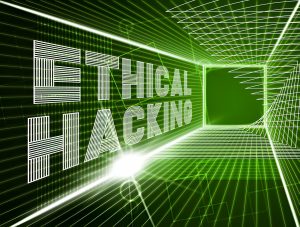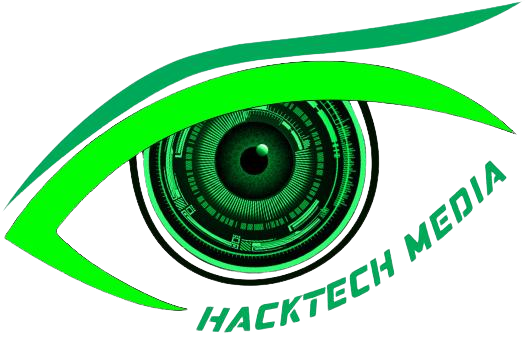
Introduction
What should be learned before learning hacking So, you’ve decided to embark on the exciting journey of becoming a hacker. Hacking, often perceived as a mysterious and illicit skill, requires a solid foundation in various areas to truly master the craft. In this article, we’ll explore the essential knowledge and skills you should acquire before delving into the world of hacking.
1. Understanding the Basics of Computer Networks
Before you dive into hacking, it’s crucial to have a strong understanding of how computer networks function. Learn about protocols, IP addresses, subnets, and network devices. This foundational knowledge will serve as the backbone for more advanced hacking techniques.
2. Operating System Fundamentals
A hacker needs to be adept at navigating different operating systems. Gain proficiency in both Windows and Linux environments. Understanding how these systems operate is fundamental for identifying vulnerabilities and exploiting them effectively.
3. Programming Languages
Coding is at the heart of hacking. Learn languages like Python, Java, or C++ to automate tasks, analyze code, and develop your own hacking scripts. A strong programming foundation is essential for any aspiring hacker.
4. Web Technologies
Hacking often involves manipulating web applications. Familiarize yourself with web development languages, such as HTML, CSS, and JavaScript. Understanding how websites function will help you identify and exploit vulnerabilities.
5. Cybersecurity Essentials
Before you become a hacker, understand the principles of cybersecurity. Learn about firewalls, antivirus software, and intrusion detection systems. This knowledge will not only protect you but also enhance your ability to bypass security measures.
6. Encryption and Decryption
Hacking frequently involves dealing with encrypted data. Learn about encryption algorithms and decryption techniques. This knowledge is vital for understanding how to break into secured systems.
7. Familiarity with Virtualization
Virtualization allows you to create isolated environments for testing and experimentation. Familiarize yourself with tools like VirtualBox or VMware. These platforms provide a safe space for practicing hacking techniques without compromising real systems.
8. Linux Command Line Mastery
A significant portion of hacking involves command line operations. Mastering the Linux command line is essential for efficient and effective hacking. Learn common commands, file manipulation, and system administration tasks.
9. Database Management Skills
Many hacking scenarios involve accessing and manipulating databases. Acquire skills in database management systems like MySQL or PostgreSQL. Understanding databases will enable you to exploit data vulnerabilities effectively.
10. Knowledge of Common Hacking Tools
Explore popular hacking tools like Wireshark, Metasploit, and Nmap. Understanding how these tools work is crucial for executing various hacking techniques. Learn their functionalities and how to use them responsibly.
11. Legal and Ethical Considerations
Before delving into hacking, it’s vital to understand the legal and ethical aspects. Hacking without proper authorization is illegal. Familiarize yourself with ethical hacking practices, obtain certifications, and ensure your activities comply with the law.
12. Continuous Learning and Skill Enhancement
The field of hacking is dynamic and ever-evolving. Commit to continuous learning. Stay updated on the latest hacking techniques, tools, and security measures. Attend workshops, conferences, and online courses to enhance your skills.
13. Networking with the Cybersecurity Community
Connect with fellow hackers and cybersecurity professionals. Networking provides valuable insights, mentorship, and opportunities for collaboration. Engaging with the community can accelerate your learning and expose you to real-world scenarios.
14. Real-world Practice and Simulation
Apply your knowledge in practical scenarios. Set up your own hacking lab or participate in capture the flag (CTF) challenges. Real-world practice enhances your problem-solving skills and builds confidence in your abilities.
15. Conclusion
In conclusion, before venturing into the world of hacking, build a strong foundation in networking, operating systems, programming, and cybersecurity. Acquire practical skills, stay ethical, and continuously learn. Hacking is not just about breaking into systems; it’s a mindset of curiosity, problem-solving, and a commitment to ethical conduct.
FAQs
1. Can I learn hacking without a programming background?
Yes, but having programming skills significantly enhances your hacking capabilities.
2. How long does it take to become a proficient hacker?
The timeline varies, but consistent learning and practice are key factors. It may take months to years to become proficient.
3. Is ethical hacking legal?
Yes, ethical hacking, conducted with proper authorization, is legal and serves to improve cybersecurity.
4. Can I become a hacker without a formal education in cybersecurity?
Yes, many successful hackers are self-taught. Continuous learning and practical experience are crucial.
5. What ethical hacking certifications should I pursue?
Consider certifications like Certified Ethical Hacker (CEH) or Offensive Security Certified Professional (OSCP) to validate your skills.
